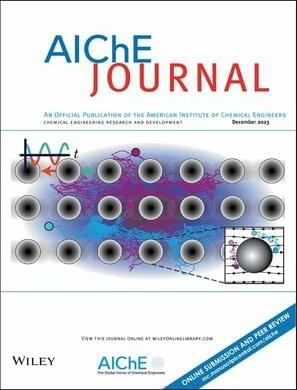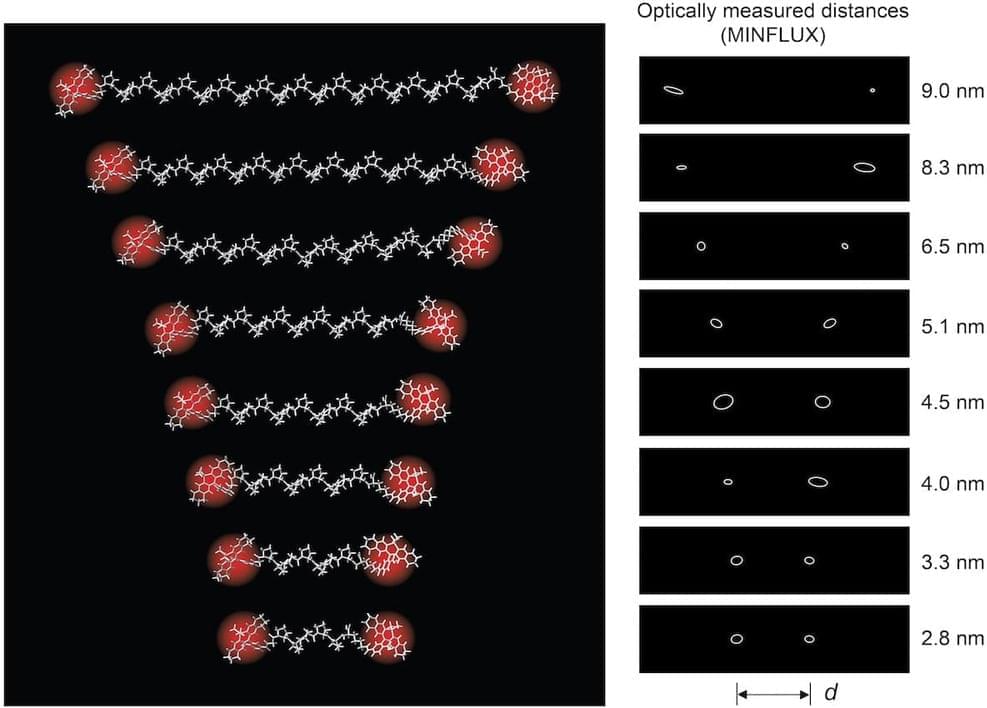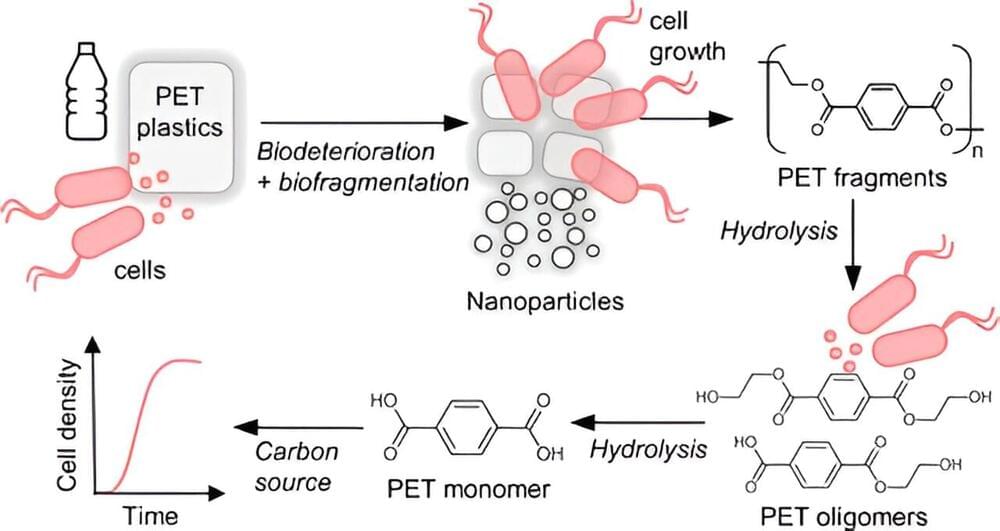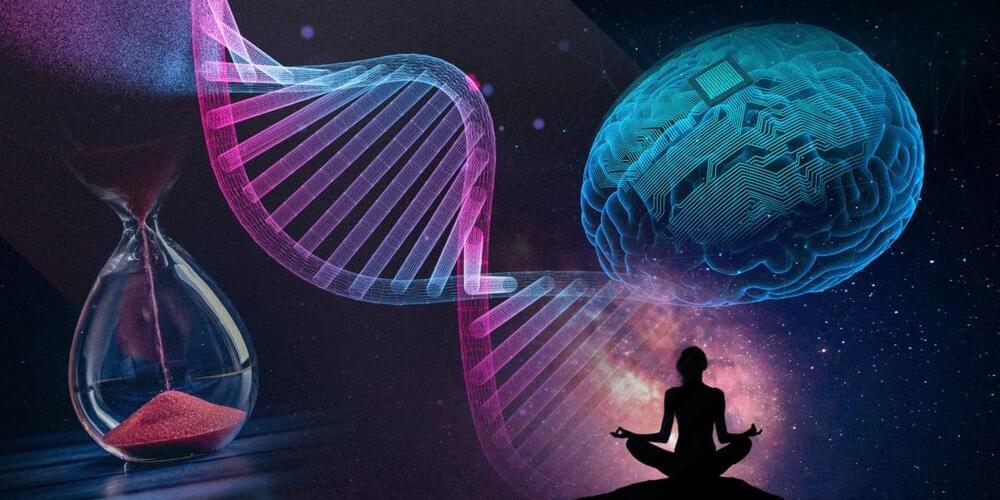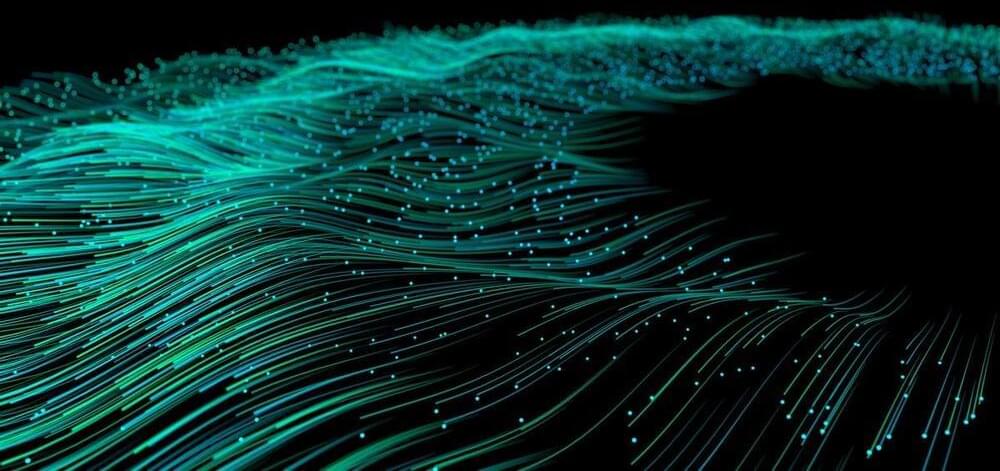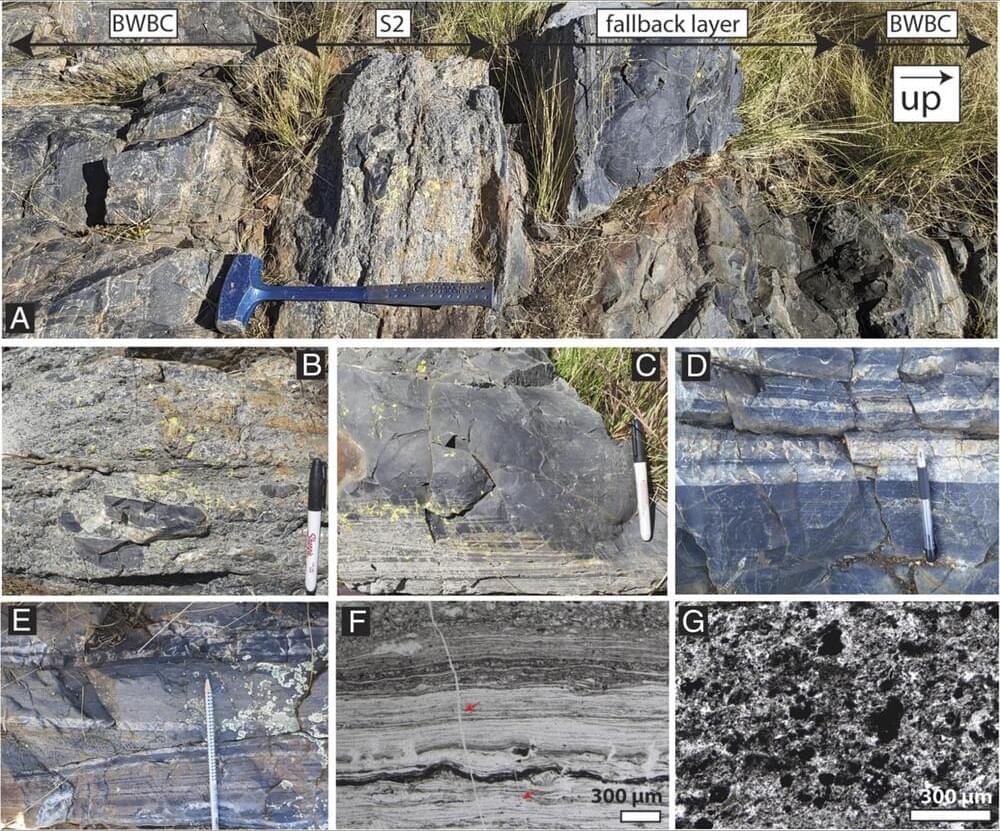Dr. Sanjeev Namjoshi, a machine learning engineer who recently submitted a book on Active Inference to MIT Press, discusses the theoretical foundations and practical applications of Active Inference, the Free Energy Principle (FEP), and Bayesian mechanics. He explains how these frameworks describe how biological and artificial systems maintain stability by minimizing uncertainty about their environment.
Namjoshi traces the evolution of these fields from early 2000s neuroscience research to current developments, highlighting how Active Inference provides a unified framework for perception and action through variational free energy minimization. He contrasts this with traditional machine learning approaches, emphasizing Active Inference’s natural capacity for exploration and curiosity through epistemic value.
The discussion covers key technical concepts like Markov blankets.
generative models, and the distinction between continuous and discrete implementations. Namjoshi explains how Active Inference moved from continuous state-space models (2003−2013) to discrete formulations (2015-present) to better handle planning problems.
He sees Active Inference as being at a similar stage to deep learning in the early 2000s — poised for significant breakthroughs but requiring better tools and wider adoption. While acknowledging current computational challenges, he emphasizes Active Inference’s potential advantages over reinforcement learning, particularly its principled approach to exploration and planning.
Namjoshi advocates for balanced oversight that enables innovation while maintaining appropriate safeguards. He expresses particular concern about the rapid pace of AI development potentially outpacing our understanding of risks and regulatory frameworks.
Dr. Sanjeev Namjoshi.
